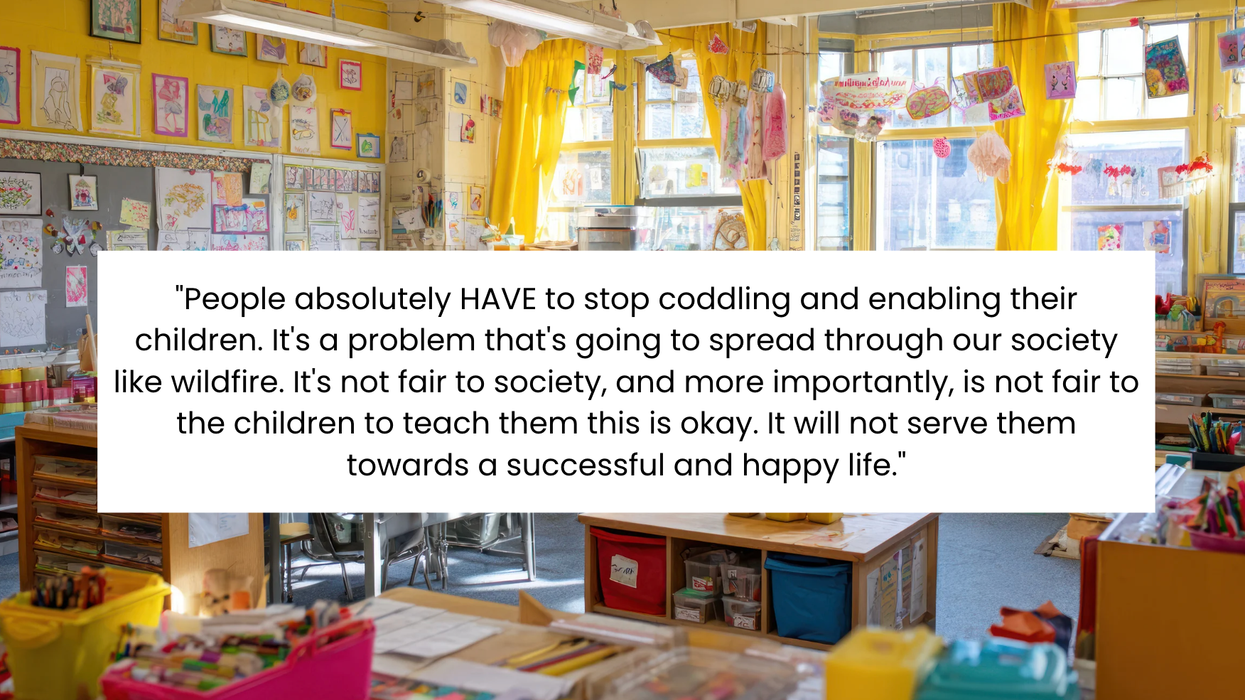Yes, we should, according to a new bill currently making its way through the Missouri state legislature. Missouri's House passed the bill in late January, and it's now awaiting a vote in the Senate. If it's signed into law, Temporary Assistance for Needy Families recipients suspected of using drugs would be forced to take a drug test in order to receive their welfare payments.
The bill follows a U.S. Department of Health and Human Services study that found that nearly 10 percent of people living in households receiving government assistance were using illicit drugs, compared to 6.8 percent of people in homes with no assistance.
In response to Missouri's bill, the Center for Law and Social Policy in Washington, D.C., updated their report attacking drug testing for TANF recipients. The report says drug testing is too costly at a time when Missouri, like all states, is trying to buckle down in a recession, and that it's wrong to presume poor people are also drug addicts.
On the one hand, it seems to make a bit of sense: Many people working at private companies are forced to take random drug tests in order to collect a paycheck, so why shouldn't people receiving government money do the same? On the other, however, there is certainly something disagreeable about asking people already down on their luck to submit to the further degradation of having to prove they're not drug addicts. Another problem with the Missouri bill is that any TANF recipient caught taking drugs would be kicked out of the program for a year, thus leading to deeper poverty and, one would assume, even worse drug abuse.
Is there a middle ground? Perhaps TANF recipients caught taking drugs would need to enter treatment in order to continue receiving welfare.
In 2009, six states—Indiana, Massachusetts, Minnesota, New Jersey, Wisconsin, and Virginia—required drug testing for convicted felons or parolees receiving public assistance.
photo (cc) via Flickr user CrashTestAddict















 Otis knew before they did.
Otis knew before they did.